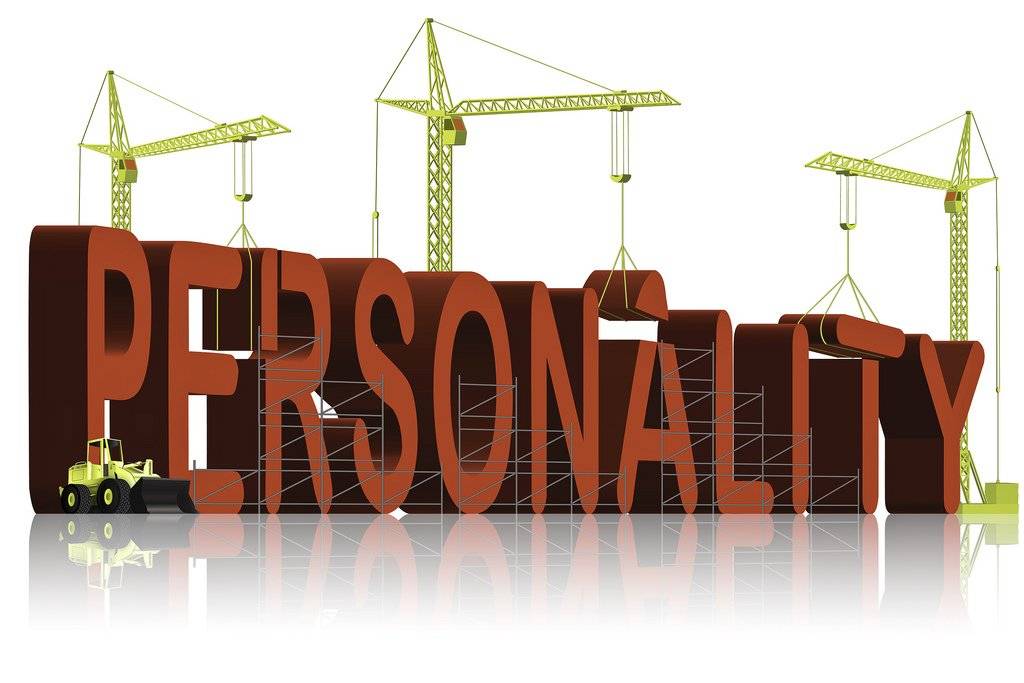This post was first published on 23rd June, 2014.
Intellectual Property (IP) has been continuously evolving. It is now not restricted to just categories like Patents, Trademark, Designs and Copyrights. Judicial activism has widened the scope of IP to cater to new forms of protection, one such addition is “Personality Rights”.
Personality Rights are made up of two kinds of rights: the Right to publicity and the Right to privacy. The Right to publicity which is usually attributed to celebrities or famous people is of great importance to the entertainment and media field. Right to Publicity means the right to control commercial exploitation of one’s successful personality and prevent others from riding on the fame associated with his/her persona. This right stems from the Right to privacy and vests only in individuals who are ‘famous’ or those who might be understood by the public as having a reputation or goodwill that is capable of being commercially exploited. A person’s persona includes his/her name, photograph, signature, voice or any other mark of identity.
For example, in the UK, when Topshop, without Rihanna’s permission, featured a photo of her taken during a video shoot in 2011, she successfully sued Topshop’s parent company Arcadia for $5 million (£3.3 million). Justice Birss, while deciding the matter held that a substantial number of buyers were likely to have been deceived into buying the T-shirt because of false belief that it had been approved by the singer. This proves that the public needs to identify or associate an identity to a person. If such an association cannot be established, the Right of publicity does not come into existence.
Use of a person’s persona for commercial gain in an unauthorized manner amounts to the violation of the Right to publicity of the person. Any person must, therefore, seek permission of a celebrity before using his/her persona for commercial gain. Such authorization for commercial use forms one of the primary revenue sources for most celebrities. By virtue of their capability to influence minds of the public, celebrities endorse commercial products for a fee and generate substantial revenues. So what is this Person’s image?
Grand Chamber judgment of 7 February 2012, § 96) in Von Hannover v. Germany (no. 2), has observed “[A] person’s image constitutes one of the chief attributes of his or her personality, as it reveals the person’s unique characteristics and distinguishes the person from his or her peers. The right to the protection of one’s image is thus one of the essential components of personal development. It mainly presupposes the individual’s right to control the use of that image, including the right to refuse publication thereof …”
A celebrity acquires his celebrated status through intellectual, emotional and physical efforts. Hence, only a celebrity can authorize the manner in which his/her name, goodwill and reputation can be used and successfully exploited commercially. This exclusive right needs legal protection from being encroached upon by people willing to ride on the fame of famous persons.
In India, Personality Rights per se, are not recognized as distinct legal rights but have been recognized through the Right to privacy and the Right to publicity. The jurisprudence for Right to publicity is in its nascent stages when compared to the global scenario. The only authoritative case on Right to publicity comes from the Delhi High Court, in ICC Development (International) Ltd. v. Arvee Enterprises.
The court held that the Right to publicity evolves from the Right to privacy and can inhere only in an individual or in any indicia of the individual’s personality like his name, personality trait, signature, voice etc. Any effort to take away the Right to publicity from the individual, to the organizer/non-human entity would violate Article 19 and 21 of the Constitution of India.
Further, in India, actor Rajnikant’s claim was the first public claim regarding the Right to publicity. Rajnikant sought to protect his particular signature styles.
Personality rights are considered as property as opposed to Personal rights, and hence courts in India recognize the Right to license and sell the Right to publicity. The Right of publicity protects all persons’ rights from birth until death and in perpetuity. When the Right to publicity extends after death, it is called post-mortem Right to publicity. There are significant differences between countries in recognizing post-mortem Right to publicity. In India, news about the movie, The Dirty Picture that was challenged by the kin of the deceased actress Silk Smita, claiming that the movie did not depict her personality in the right light, was the first of its kind and showed that India belonged to the category of countries recognizing post-mortem Right to publicity.
Right to publicity actions are generally accompanied by pleas of false endorsement and passing off. Enforcement of Right to publicity will be dealt in Part II.



